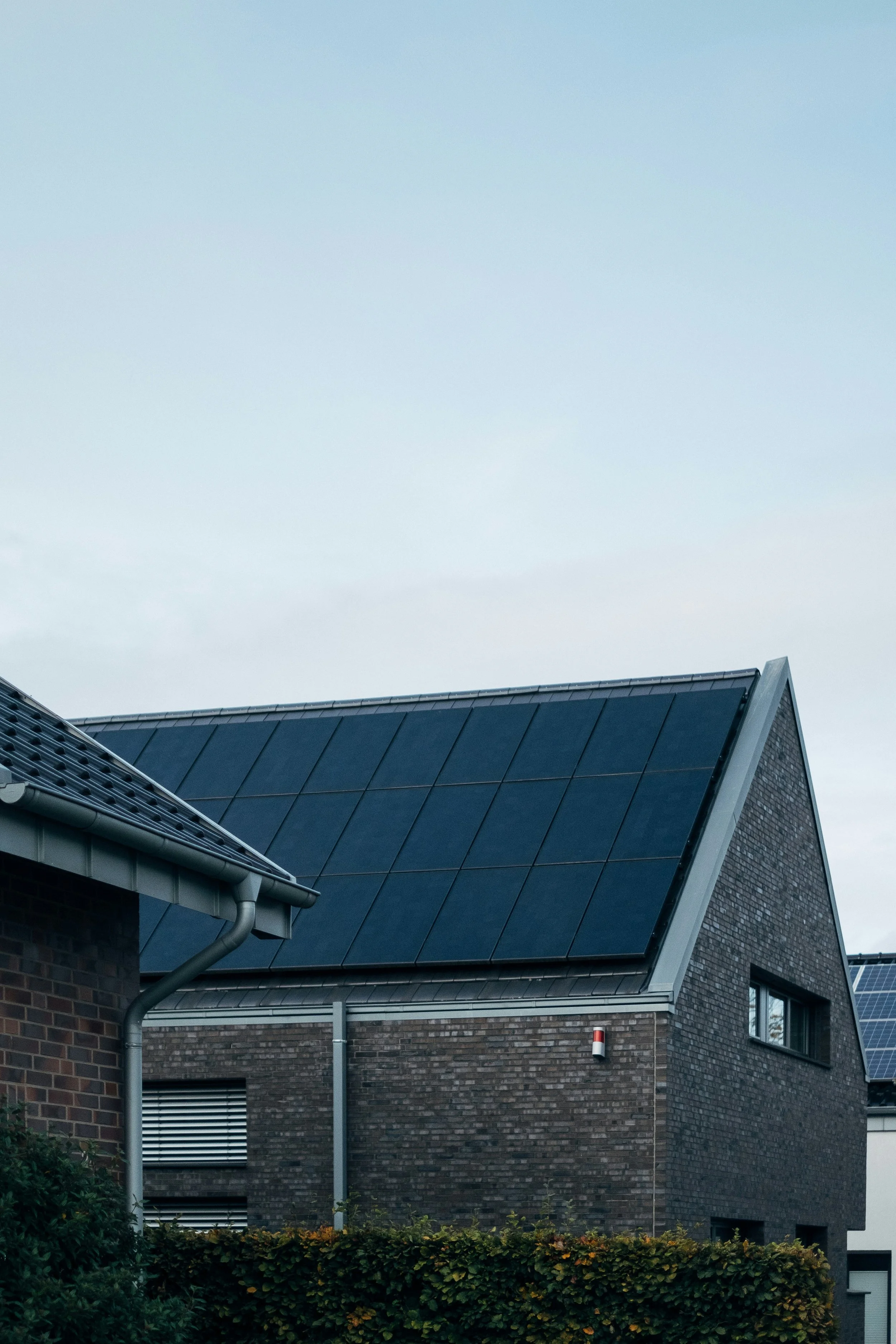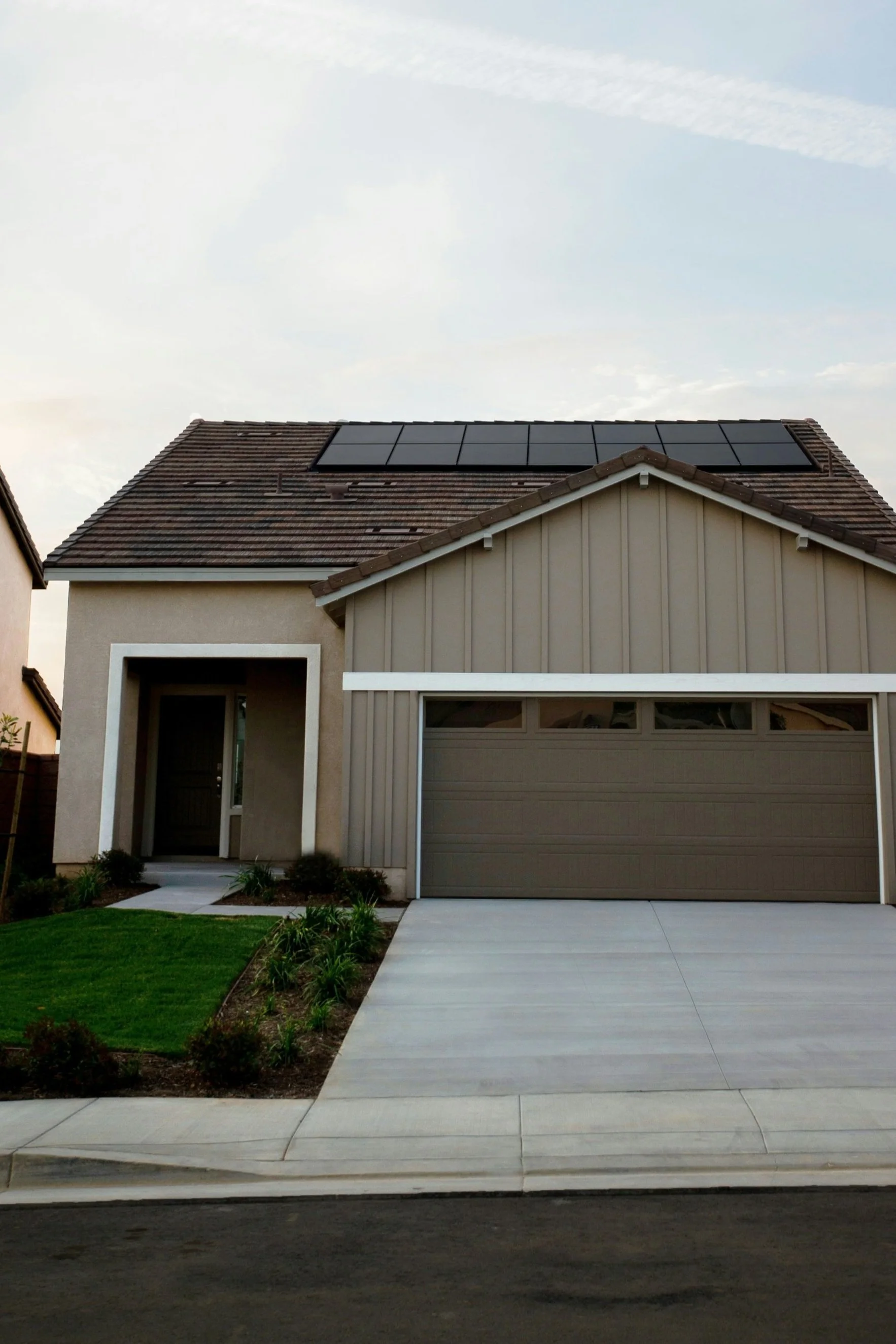Own Your Energy.
Why Solar?
SUSTAINABILITY
Go Green Today – Solar panels in Calgary & Alberta slash your carbon footprint and fight climate change. With 2,300+ sunny hours, every ray powers a cleaner tomorrow for your family and the planet.
FUTURE INVESTMENTS
Lock in Savings – Lower bills, 6–8 year payback, 25+ years of free power. Ty handles rebates, tax credits, and permits turning your roof into a money-making asset.
RESILIENCE
Stay Powered, Always – Battery backup = zero blackouts. Lights, Wi-Fi, fridge on 24/7, even in Alberta storms. Total energy independence.

Sustainable
Cost Effective
Greener Living
Solar snapshots
Free Solar Quote
Interested in working together? Fill out some info and we will be in touch within 24hrs.
Frequently Asked Questions
-
Yes, solar energy is abundantly available in Calgary, making it a viable and sustainable option for both residential and commercial use.
-
When you install a solar energy system on your property, you save money on your electricity bills and protect yourself against rising electricity rates in the future. How much you can save depends on the utility rates and solar policies in your area, but going solar is a smart investment regardless of where you live.
-
The cost of a solar panel system depends on various factors such as the size of the system, the quality of the panels, and installation costs. On average, a typical residential solar panel system can cost anywhere from $2.50-$3.50 per watt. For an average project, you will be looking at a total cost between $17,500 – $25,000.
-
The payback period for solar panels in Alberta varies based on several factors, including system size, energy consumption, and available incentives. On average, residential solar panels in Alberta may have a payback period of 10 to 15 years.
-
Absolutely, Alberta offers solar rebates to encourage the adoption of solar energy. These rebates can significantly offset the initial costs of installing a solar panel system.
-
Solar panels convert sunshine into power, so if your panels are covered in snow they can’t produce electricity. However, when the sun comes out the panels will begin to heat up and shed snow quickly and start producing energy again. Snow generally isn’t heavy enough to cause structural issues with your panels, and since most panels are tilted at an angle the snow will slide off. If snow does accumulate, your panels are easy to clean.
-
If your solar panel system is connected to the grid, it will shut off in the event of a blackout. This is to prevent emergency responders and electricity utility repair-people from being injured by your panels sending power back to the grid. However, there are certain inverters you can buy that provide backup power in a blackout when paired with a battery.
New To Solar?
Learn the basics of how solar works, and why it’s one of the fastest growing industries in not only Alberta, but North America .




